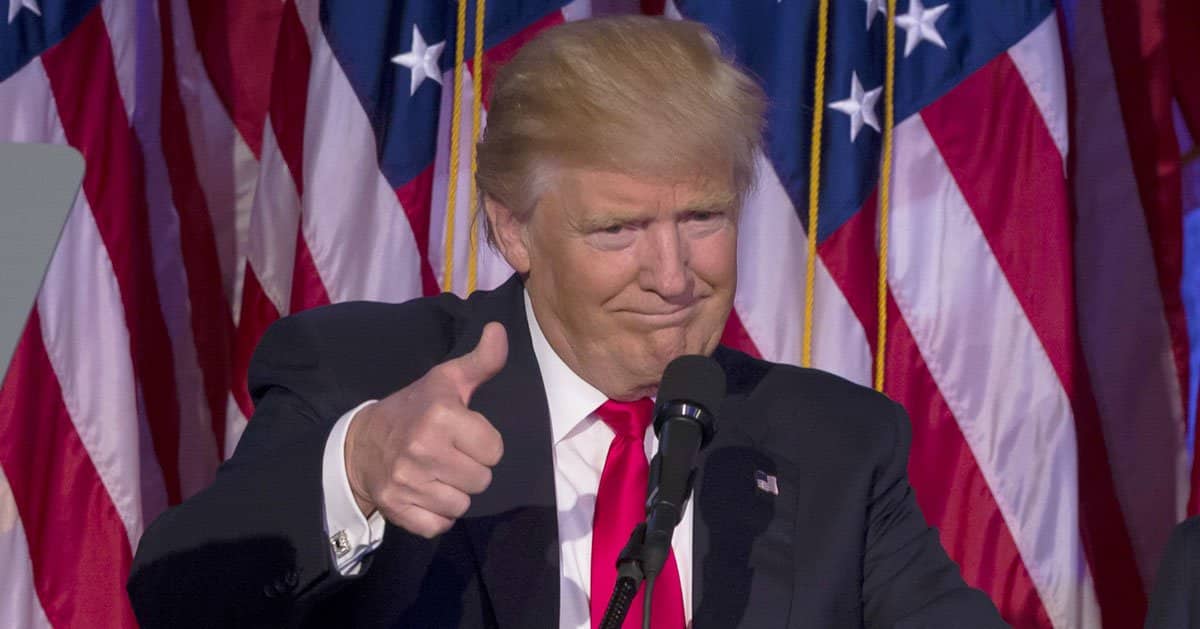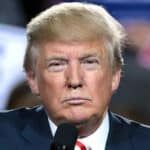








President Donald Trump signaled interest in rejoining the World Health Organization and unveiled various economic policies during a rally in Las Vegas, emphasizing efforts to reverse decisions from the previous administration.
The New York Post reported that in his address at Circa Resort & Casino, Trump discussed his intentions to possibly renew ties with the WHO and detailed numerous executive orders aimed at altering President Joe Biden's policies.
During his Las Vegas visit, Trump, fresh off a historic Republican win in Nevada, broached the subject of the WHO, an institution he had previously distanced the U.S. from during his prior term.
The organization faced Trump's scrutiny for inadequate reforms and an imbalance in financial contributions compared to those of China. However, this stance may be reevaluated, with Trump stating, "Maybe we would consider doing it again, I don’t know, they have to clean it up a bit."
On the economic front, Trump announced plans to collaborate with Congress to introduce a tax reduction scheme that includes safeguarding workers' tips from taxes. Addressing supporters, he assured, "Your tips will be 100% yours, won’t that be nice?”
Additionally, Trump's agenda includes halting the recruitment of more than 80,000 new IRS agents, a move he justified as a response to their proposed funding through the Inflation Reduction Act. He expressed serious concerns about these plans, saying, “They hired, or tried to hire, 88,000 workers to go after you."
In terms of administrative action, Trump boasted about having orchestrated approximately 350 executive measures to overturn Biden administration policies. This includes commitments to fortify U.S. borders and enhance law and order — key pillars of his campaign promises.
The rally's setting in Nevada tied into Trump's celebratory mood over his political victory in the state, marking a significant milestone for the Republican Party.
"I just came here because I wanted to thank the people of Nevada for giving us such a big win,” he commented, reflecting on the electoral success that enjoys symbolic importance.
Trump's visit, coinciding with his inauguration week, underscores his urgency to implement changes. His clusters of executive decisions are tailored not only towards fulfilling campaign promises but also towards correcting what he describes as the “horrible failures” and “betrayals” of his predecessors.
The question of U.S. participation in the WHO reflects Trump's broader critique of international partnerships. During his first administration, his move to withdraw from the WHO was swiftly reversed by President Biden, highlighting a contentious point between the two administrations on global health collaboration.
Inside Trump's discussions was a focus on the perceived inequities between contributions from the U.S. and China, a point of contention that he continuously flagged during his presidency. The criticisms of the organization’s reforms align with his broader narrative of scrutinizing international commitments.
Trump’s reflections on the WHO come in a period when the institution has grappled with a variety of global crises. Whether the U.S. will eventually look to reengage under Trump’s oversight remains a question, dependent on potential changes the organization might undertake in response to his expressed reservations.
Trump's firm stance against the employment boost for IRS agents highlights his perspective on fiscal policies and federal oversight. His rhetoric against such expansions suggests a re-evaluation of priorities, potentially reverting resources to other pressing concerns, such as border control.
The plan to possibly redirect or terminate these hires marks a significant challenge to the Inflation Reduction Act’s components.
Trump's comments on these IRS hires, paired with a call for a new economic pathway, aim to resonate with his base, setting the tone for what can be expected in fiscal debates moving forward.
Firm in his conviction to change the nation's trajectory, Trump’s dialogue conveys a clear directive: “America’s decline is over.”
This rhetoric aligns with his broader vision of reinvigorating national pride and reversing past decisions that he perceives as missteps. By signing a sweeping array of executive orders, Trump sets an aggressive pace not just for legislative changes but for a shift in the national discourse.



